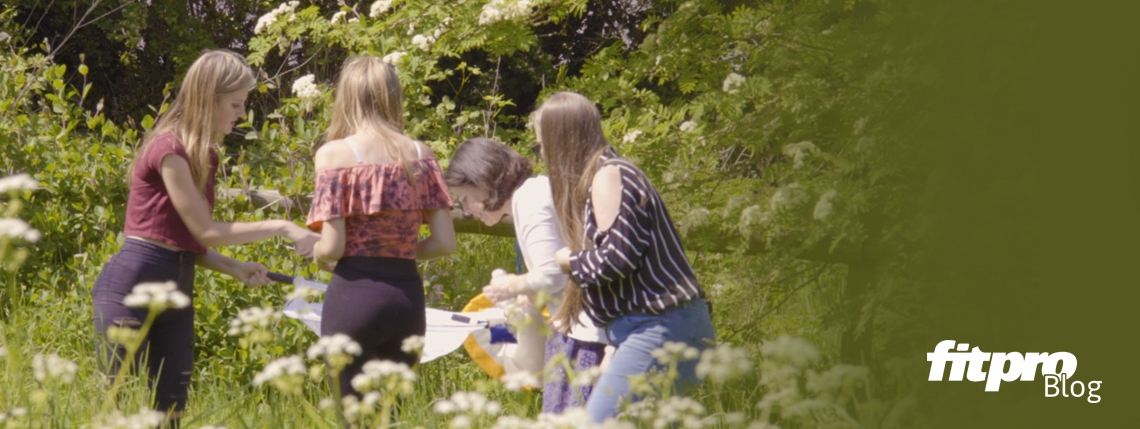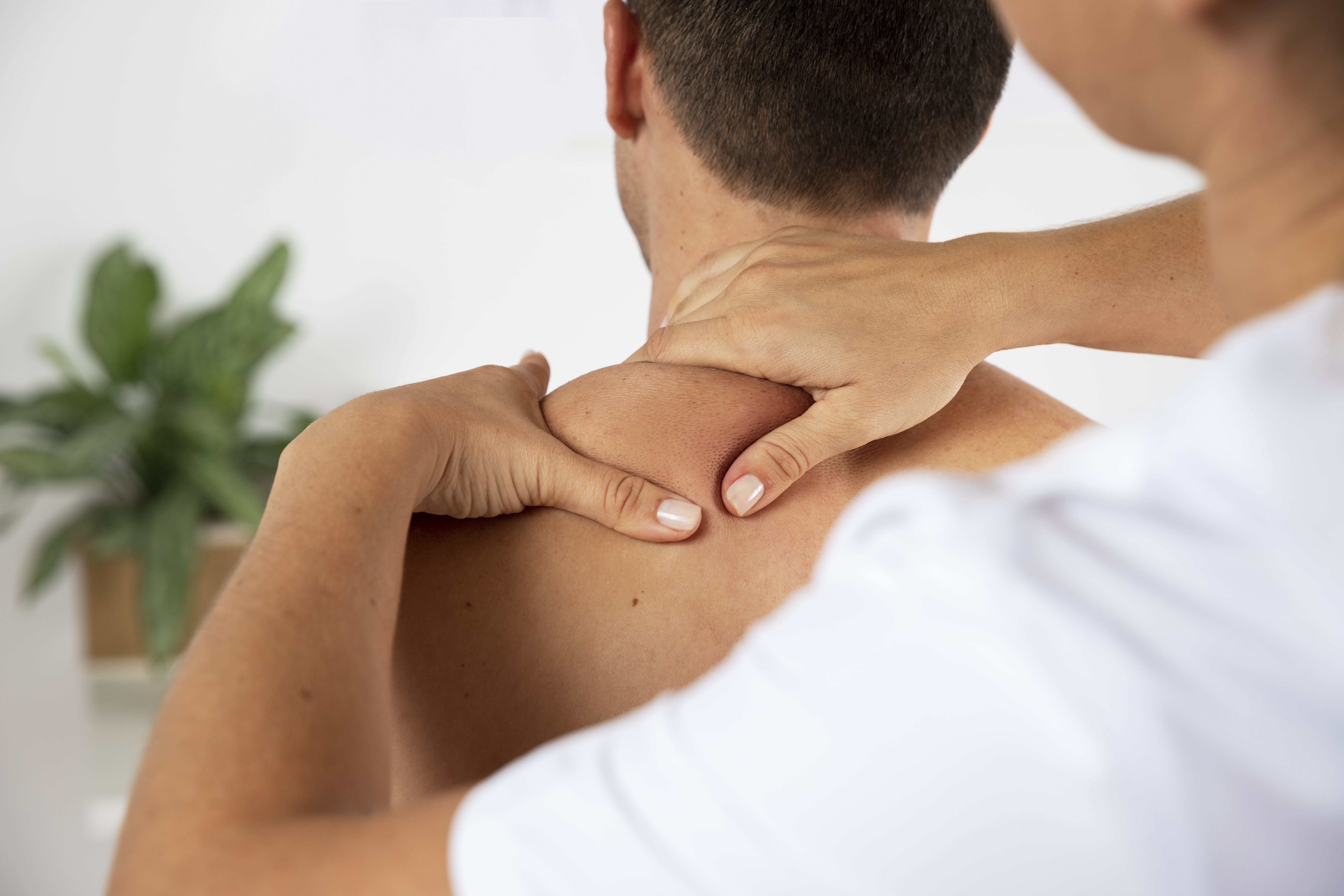Students are taking mental and physical well-being into their own hands by participating in Well World, a new project that enables them to explore the links between their environment and their mental and physical well-being.
Launched by The Institute for Research in Schools (IRIS), and supported by Wellcome, Well World has so far been piloted in one primary and five secondary schools across England. Students have been investigating one of two research questions: whether spending time in areas with more diverse plant and animal species is linked to lower blood pressure and anxiety, or whether exercising outdoors is more beneficial for their well-being than exercising indoors.
Sam Goodfellow, biology teacher at Simon Langton Girls’ Grammar School, whose work inspired this project, described her experiences working with students and university collaborators: “Taking part in this project has been incredibly rewarding both as a teacher, but also as a biologist. It has been wonderful to watch students discover the trials and tribulations of taking part in real research, from planning to evaluation, and experience the thrill of finding out something new. I am now able to reference our research in the classroom and pupils can experience the importance and relevance of experimental work on their doorstep. After 20 years in the classroom, this experience has reminded me of my love of science, not just my love of teaching it.”
Professor Becky Parker of IRIS added, “Incorporating students in research of this kind seems like such a logical step. This generation are aware of the problems with mental and physical well-being and could likely be the ones to find a plausible solution. The results we have seen so far are encouraging and we hope to see more interest from schools around the country.”
The pilot has involved students from Year 4 to Year 13 and a number of students are writing up their Well World projects as part of a British Science Association CREST award or Extended Project Qualification. The students’ research is supported by researchers from the University of Cambridge and Canterbury Christ Church University. You can view a video the students have made here.
Where to next? Check out the Ninja Warrior working out on homemade obstacles in the gym.







